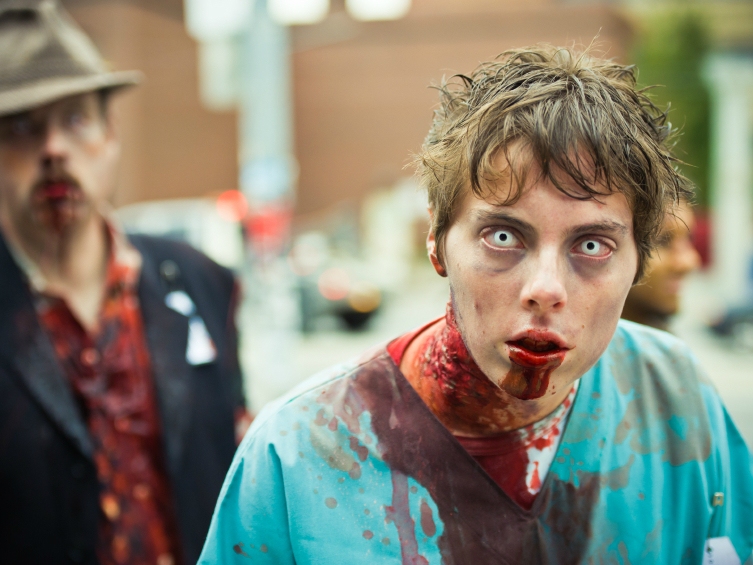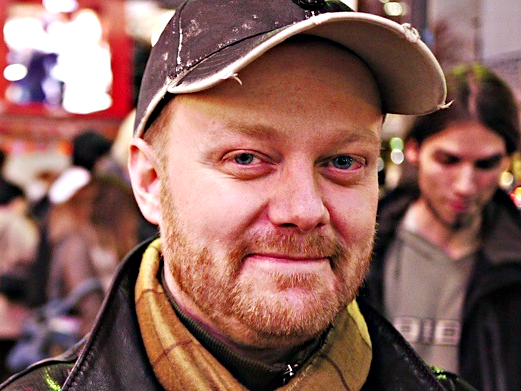

You care.
You want to know what is really going on these days, especially in Colorado. We can help you keep up. The Lookout is a free, daily email newsletter with news and happenings from all over Colorado. Sign up here and we will see you in the morning!








